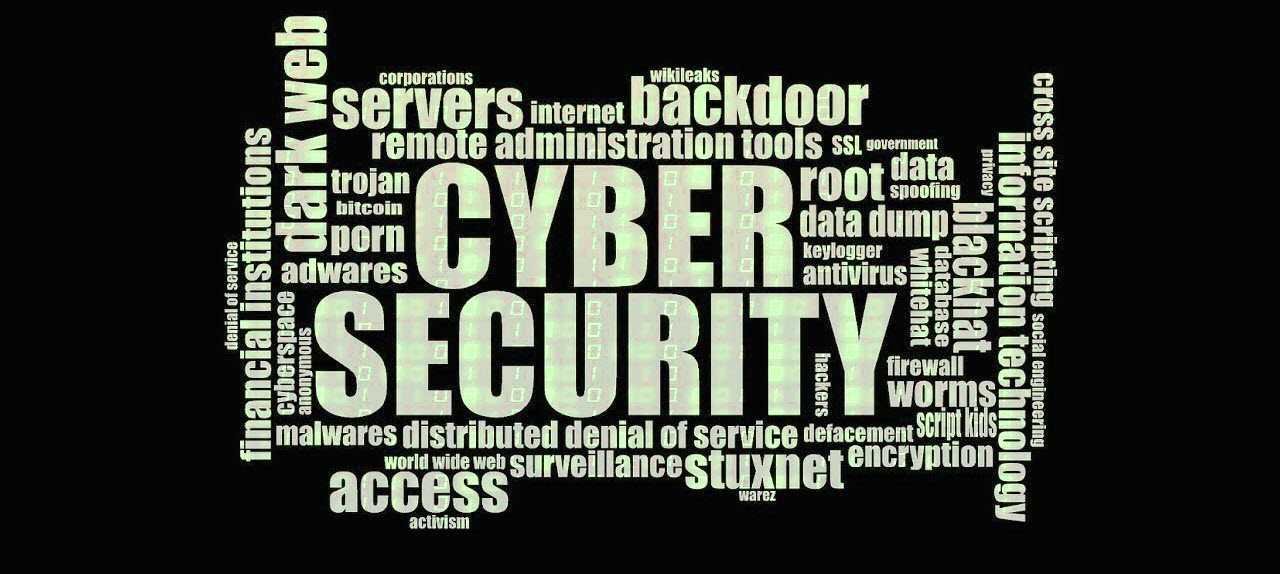Exercise in a Box: Οργανισμοί και εταιρείες θα μπορούν να δοκιμάσουν την ικανότητά τους να αποτρέπουν hackers και cyberattacks με ένα νέο δωρεάν εργαλείο που έχει σχεδιαστεί για να τους προετοιμάσει ενάντια στις online απειλές, όπως κακόβουλο λογισμικό, Phishing and other malicious activities.

The online tool is designed by National Cyber experts Security Center (NCSC) of serviceof information GCHQ of the United Kingdom, and comes to enhance resilience to cyber attacks based on scenarios that we encounter under real circumstances.
The tool is known as Exercise in a Box, and is available for government agencies, small businesses and services extraordinary need. Its aim is to help public sector organizations and not only prepare to defend their infrastructure.
"This new free tool will be vital to enhancing the cyber defense of small businesses, local government and other public and private organizations," said Office Minister David Lidington, who revealed the tool in a speech in Glasgow, Scotland.
Exercise in a Box provides a series of scenarios of common threats and so companies can practice in a safe environment.
"The NCSC considers exercise to be one of the most cost-effective ways an organization can test how it responds to cyber incidents," said Ciaran Martin, NCSC Managing Director.
"By practicing defense mechanisms you use, you can understand how effective they really are and where there is room for improvement."
Organizations, companies, and government agencies wishing to register for the use of Exercise in a Box can do so from the NCSC site.
________________
- SMBdoor backdoor PoC: inspired by the NSA
- Wall Street Market on the Dark Web: 14.2 million left
- Chrome 74 with Dark Mode for Windows available to everyone
- Windows 10 May 2019 Processor Compatibility Update





